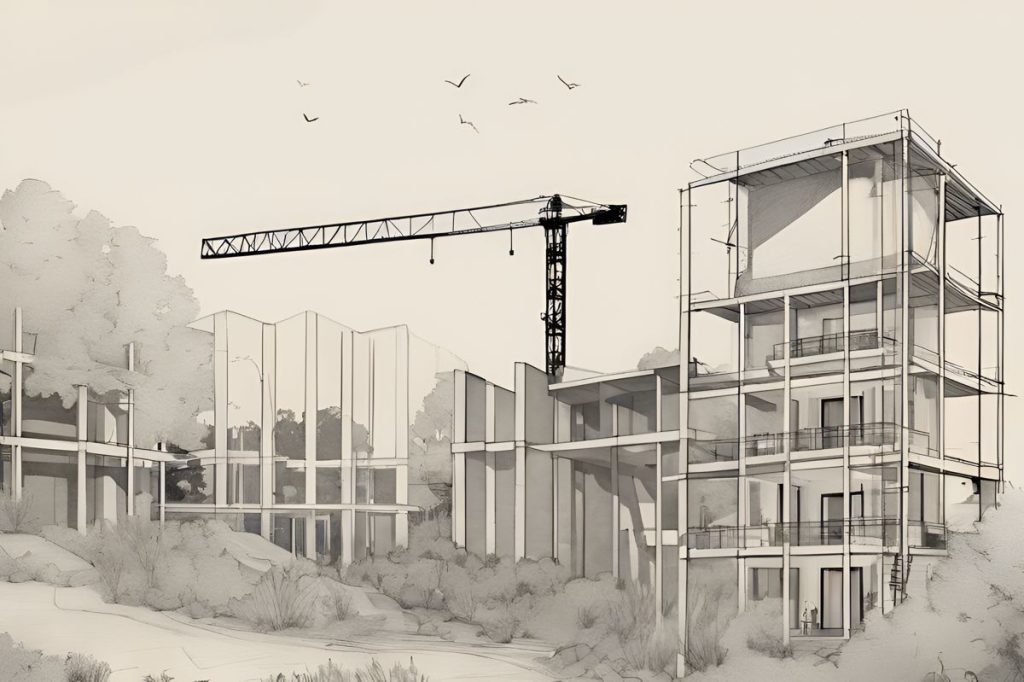An investigative review on Cape Greco construction breaches reveals regulatory noncompliance with the EU Habitats Directive and political interference, leading to ecological disruption in the ‘Ammos tou Kambouri’ area and threatening the habitat of the greater sand plover. Strict adherence to environmental guidelines and transparency in the regulatory process is crucial to address these concerns and protect the delicate ecosystems in the region.
What are the main concerns regarding construction in the Cape Greco region?
The main concerns are regulatory noncompliance with the EU Habitats Directive, political interference, ecological disruption in the ‘Ammos tou Kambouri’ area, and the threat to the habitat of the greater sand plover due to increased construction density without proper ecological assessments. The situation calls for strict adherence to environmental guidelines and transparency in the regulatory process.
Uncovering Regulatory Noncompliance
The House interior committee is poised to address a critical environmental and regulatory concern in the Cape Greco region. A meticulous report is in the works, set to reveal those implicated in contravening the EU Habitats Directive. Specifically, this pertains to infractions surrounding construction ventures in the pristine ‘Ammos tou Kambouri’ area of Ayia Napa, a tranquil enclave known for its natural beauty.
Allegations suggest there have been instances of political meddling, purportedly to benefit particular factions, which have resulted in significant ecological disruption. The forthcoming report aims to bring clarity and accountability to the situation, ensuring that such transgressions are duly noted and addressed.
Reviewing Environmental Safeguards
In defense, officials from the environment department have asserted their adherence to existing legal frameworks. They maintain that their actions have been consistent with legislative requirements, amidst the accusations of impropriety. The veracity of these claims is expected to be a focal point of discussion during the subsequent House audit committee meeting.
The audit office has stepped into the fray with its own inquiry, prompted by the environment department’s amendment of a crucial ecological assessment. This revision, which facilitated increased construction density, was sanctioned without an accompanying report—a procedural oversight that did not offer justification for the decision.
Protecting the Greater Sand Plover
At the heart of the environmental concerns is the greater sand plover, a species whose very existence in the region could be jeopardized by unrestrained development. Its habitat, critical for its survival, is at risk of decimation should construction continue unchecked. The onus lies with the environment department to ensure the preservation of this habitat, guided by robust environmental data, and in compliance with EU directives.
The current predicament underscores the necessity for stringent adherence to environmental guidelines in safeguarding the delicate ecosystems that are home to species like the greater sand plover. The department is urged to retract any reports that lack substantial environmental substantiation.
Ensuring Regulatory Conformity and Transparency
In the pursuit of transparency and environmental accountability, it is imperative that each step in the regulatory process be backed by data and open to scrutiny. The environmental integrity of Cape Greco hinges on the consistent application of such principles, ensuring that any development does not impinge on the region’s ecological balance or the habitats of endangered species.
The unfolding events at Cape Greco serve as a pivotal moment in the ongoing discourse surrounding environmental protection and the governance of development practices. The findings of both the House interior committee and the audit office will likely shape future policy and enforcement measures, aiming to harmonize progress with preservation.
What are the main concerns regarding construction in the Cape Greco region?
The main concerns are regulatory noncompliance with the EU Habitats Directive, political interference, ecological disruption in the ‘Ammos tou Kambouri’ area, and the threat to the habitat of the greater sand plover due to increased construction density without proper ecological assessments. The situation calls for strict adherence to environmental guidelines and transparency in the regulatory process.
How is regulatory noncompliance being addressed in Cape Greco?
The House interior committee is conducting a review to address environmental and regulatory concerns in Cape Greco, focusing on infractions related to the EU Habitats Directive. An upcoming report is expected to shed light on those responsible for contravening environmental regulations and possible political interference, aiming to bring clarity and accountability to the situation.
What is the role of the audit office in investigating construction breaches in Cape Greco?
The audit office is conducting its own inquiry into the situation in Cape Greco, particularly focusing on the environment department’s amendment of an ecological assessment that allowed for increased construction density without proper justification. This oversight aims to ensure that regulatory processes are transparent and backed by sound environmental data to protect delicate ecosystems and endangered species like the greater sand plover.
How important is transparency and adherence to environmental guidelines in protecting Cape Greco’s ecosystems?
Transparency and strict adherence to environmental guidelines are crucial in safeguarding the delicate ecosystems in Cape Greco and protecting endangered species like the greater sand plover. The current situation highlights the need for consistent application of environmental principles in development practices to maintain the ecological balance of the region and ensure the preservation of vital habitats.

